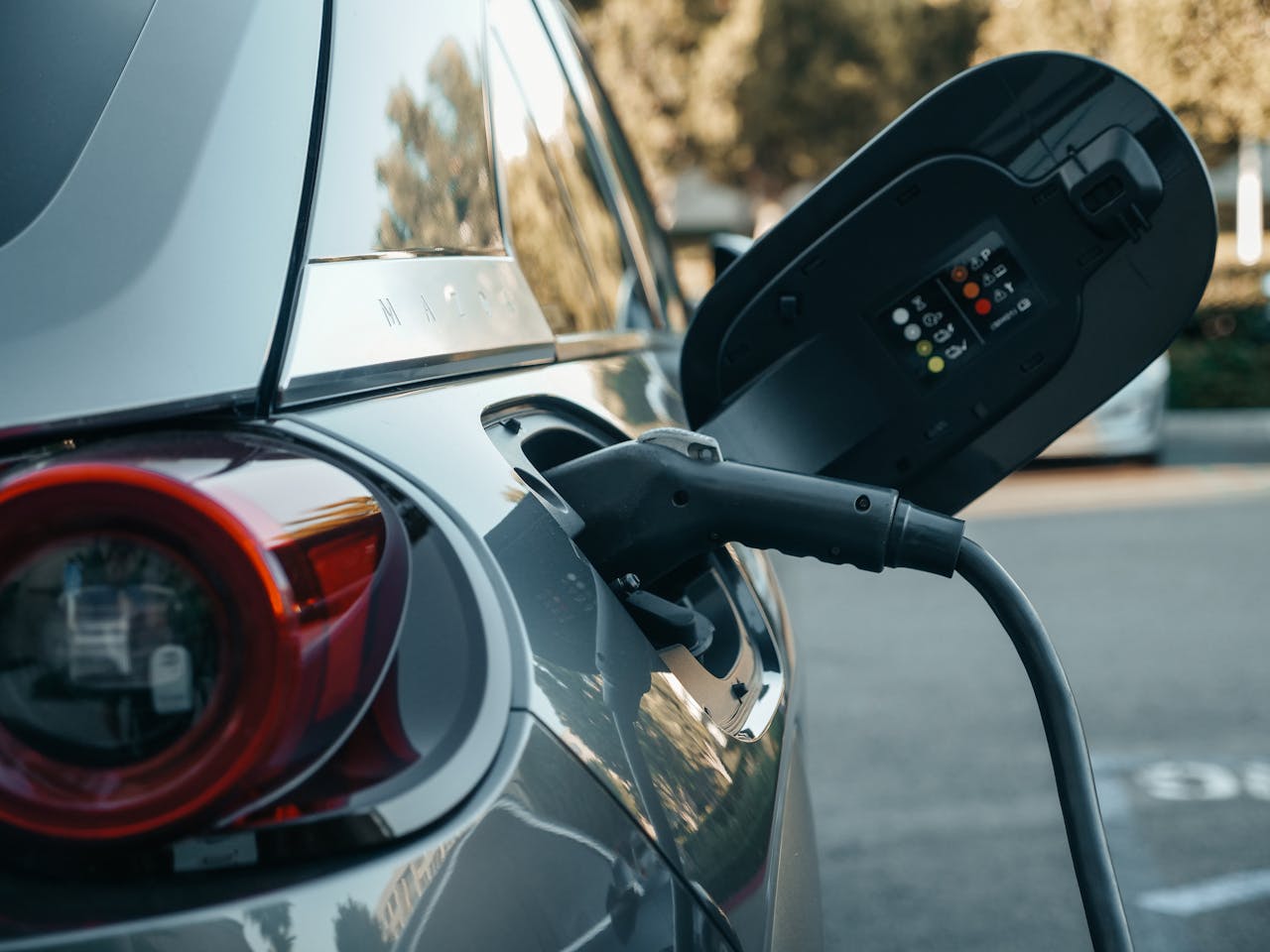In the 2025 Western market, electric vehicles (EVs) are no longer considered a novelty. From city streets and highways to corporate parking lots, EVs are increasingly visible. Yet, many still associate them only with “being eco-friendly” or “not using gasoline.” In reality, today’s electric vehicles go far beyond that.
If you’re still hesitating about whether to consider an EV, it might be time to rethink their advantages from these angles. So, What are the top advantages of EVs?
1. Lower Energy Costs: Electricity Is Much Cheaper Than Gasoline
As of 2025, the average gasoline price in the U.S. is $4.13 per gallon. In comparison, gas-powered cars cost around $0.15 per mile, while EVs average only $0.05–$0.07 per mile.
The UK shows a similar pattern. Although electricity prices have slightly risen, the cost per 100 km for EVs remains just £3–£5, compared to £12–£18 for gasoline vehicles.
More importantly, as residential solar and V2G (Vehicle-to-Grid) systems become mainstream, some households can even achieve “zero-cost charging.”
2. Cheaper Maintenance: Simpler Structure, Fewer Breakdowns
A typical internal combustion engine vehicle has over a thousand moving parts. In contrast, EVs mainly rely on three core components: the motor, power electronics, and battery. That means:
- No oil changes or transmission service;
- Brakes wear out slower (thanks to regenerative braking);
- Overall maintenance frequency drops significantly.
According to 2025 data from the U.S. National Automotive Parts Association (NAPA), annual EV maintenance averages $330, while traditional cars approach $750.
3. Policy Perks: Tax Credits, Lane Access, Exemptions from Driving Restrictions
Take the U.S. as an example:
- Federal tax credits in 2025 reach up to $7,500, with some states offering additional incentives;
- States like California and New York grant EVs access to HOV lanes;
- Cities such as San Francisco and Boston have established Zero Emission Zones (ZEV), restricting gas cars but allowing EVs to enter freely.
Similarly, the UK offers robust EV policies. In London’s Ultra Low Emission Zone (ULEZ), EVs can enter free of charge post-2025, while gasoline cars pay £12.5 per day.
4. A “Smoother” Driving Experience: Fast Acceleration, Quiet Ride
People who test drive EVs often share one feeling: instant acceleration and seamless responsiveness. That’s because electric motors can deliver maximum torque immediately—unlike combustion engines that require RPM buildup.
- Tesla Model 3 does 0 to 60 mph in just 3.1 seconds;
- Models like BMW i4, electric Mustang, and Rivian R1T offer sports car–like acceleration;
- EVs produce virtually no engine noise, making for a quieter, more comfortable ride.
5. Smart Ecosystem: More Than Just Transportation
Today’s EVs are more like “intelligent terminals on wheels.”
- Equipped with OTA (Over-the-Air) updates that evolve the vehicle continuously;
- Integrated with smart driving systems (e.g., Tesla FSD, Ford BlueCruise, NIO NAD) for semi- or full automation;
- Packed with voice control, in-car AI assistants, auto-parking, and remote smartphone control.
According to a 2025 Consumer Reports survey, 84% of EV owners said that “tech appeal” was their main buying driver.
6. Eco-Friendly—but Beyond Just Emissions
We can’t ignore the environmental benefits of EVs:
- Zero tailpipe emissions help improve urban air quality;
- Battery recycling systems have matured; in 2025, over 50% of EV batteries in the U.S. are recycled in closed-loop systems;
- The EU and U.S. Department of Energy both promote renewable energy EV charging (e.g., wind and solar), achieving a truly “green cycle.”
Additionally, the growth of EVs is boosting the entire green energy and clean tech ecosystem.
7. Resale Values Are Climbing
In the past, concerns about battery degradation and poor resale hurt EVs. But that’s changing fast:
- Models like Tesla Model Y and Ford F-150 Lightning now retain over 65% of their value after 3 years (as of 2025);
- Battery lifespans continue to increase, with most manufacturers offering 8-year/100,000-mile warranties;
- The used EV market is maturing quickly—CarMax, AutoTrader, and others have robust pricing systems in place.
Final Thought: Your EV Misunderstandings May Be from 2020
Today’s EVs are no longer experimental toys for the rich. They’re becoming the mainstream not just because they’re green, but because they outperform traditional vehicles in performance, economics, intelligence, and policy support.
Sure, EVs aren’t perfect (e.g., charging infrastructure, winter range loss), but for most city commuters and families, they’re already more than good enough.
FAQ: Electric Vehicles in 2025
Q1: Are electric vehicles really cheaper to maintain than gas cars?
A1: Yes. EVs have fewer moving parts, no oil changes, and slower brake wear due to regenerative braking. According to NAPA (2025), the average annual maintenance cost for an EV is around $330, compared to $750 for a gas vehicle.
Q2: Do EVs lose value faster than gasoline cars?
A2: Not anymore. In 2025, models like the Tesla Model Y and Ford F-150 Lightning retain over 65% of their value after 3 years. Battery warranties and a growing secondhand EV market have improved resale trends.
Q3: How long does it take to charge an EV at home?
A3: With a Level 2 home charger, most EVs can charge from empty to full in 6–10 hours overnight. Fast chargers (Level 3) can recharge 80% in 30 minutes, though they are typically available at public stations.
Q4: Are there enough charging stations in the U.S. and UK?
A4: Charging infrastructure is expanding rapidly. As of 2025, the U.S. has over 170,000 public charging ports, and the UK has surpassed 55,000, including fast-charging networks like Electrify America and BP Pulse.
Q5: Is the electricity used to charge EVs really “green”?
A5: Increasingly so. In both the U.S. and UK, a growing percentage of electricity comes from renewable sources like solar and wind. Many EV owners also pair their vehicles with rooftop solar systems for cleaner charging.
You might care about these details:
Is Electric Vehicle Safety Than Gas Cars? Full Safety Breakdown in 2025
